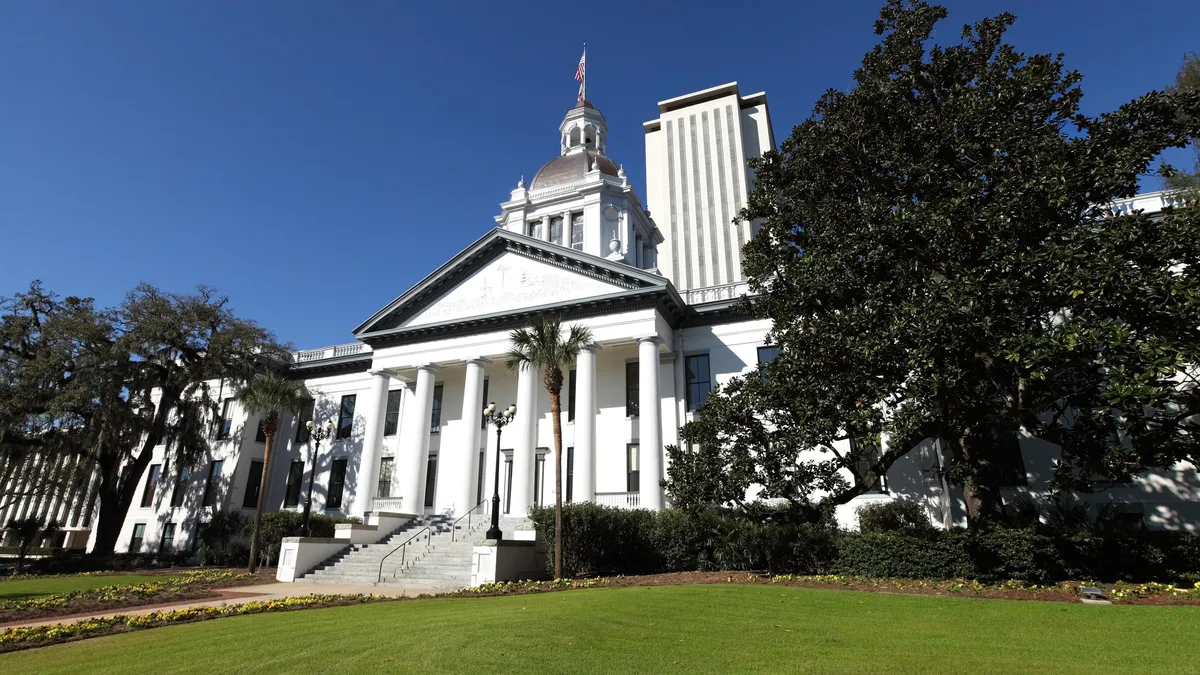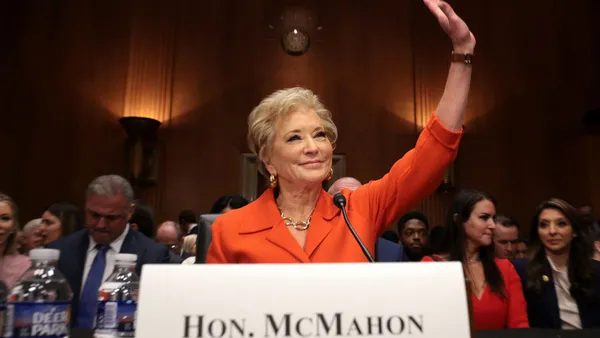Dive Brief:
- A proposal from Florida House lawmakers would impose institutional performance metrics on a popular college grant program, a move higher ed leaders say will cut off funds to almost 22,000 students by rendering 15 colleges ineligible.
- In fiscal 2024-25, the Effective Access to Student Education program provided Florida residents with up to $3,500 annually to attend one of the state's private, nonprofit colleges as a full-time undergraduate.
- Under the House's proposed fiscal 2026 budget, participating colleges would need to meet a number of new criteria, such as a minimum 54% graduation rate, a 67% retention rate and certain affordability benchmarks.
Dive Insight:
The University of Miami and Embry-Riddle Aeronautical University are among the colleges that could no longer accept EASE funds if the House's budget were to be passed as written. The proposed restrictions would also exclude all three of Florida's private historically Black colleges, according to the Independent Colleges and Universities of Florida.
The association said restrictions to the EASE program would disproportionately hurt non-traditional and low-income students at the affected colleges, and it is urging Florida residents to sign a letter to lawmakers opposing the proposal.
"If thousands of students, many of whom are non-traditional and/or come from low-income families, lose access to EASE, they may be forced to drop out of their institution or leave the state," the letter says. "They may miss out on their opportunity to become an educator, engineer, or nurse in Florida — degrees needed for Florida's workforce and to strengthen Florida's economy."
The budget proposed by the state Senate does not include new restrictions to the EASE program.
The chamber's dueling proposals stand about $4.4 billion apart so neither is likely to pass as written. However, both allocated the same amount for EASE — roughly $136 million for 37,910 students. To end the legislative session on time, Florida lawmakers must agree on a budget proposal by April 29.














